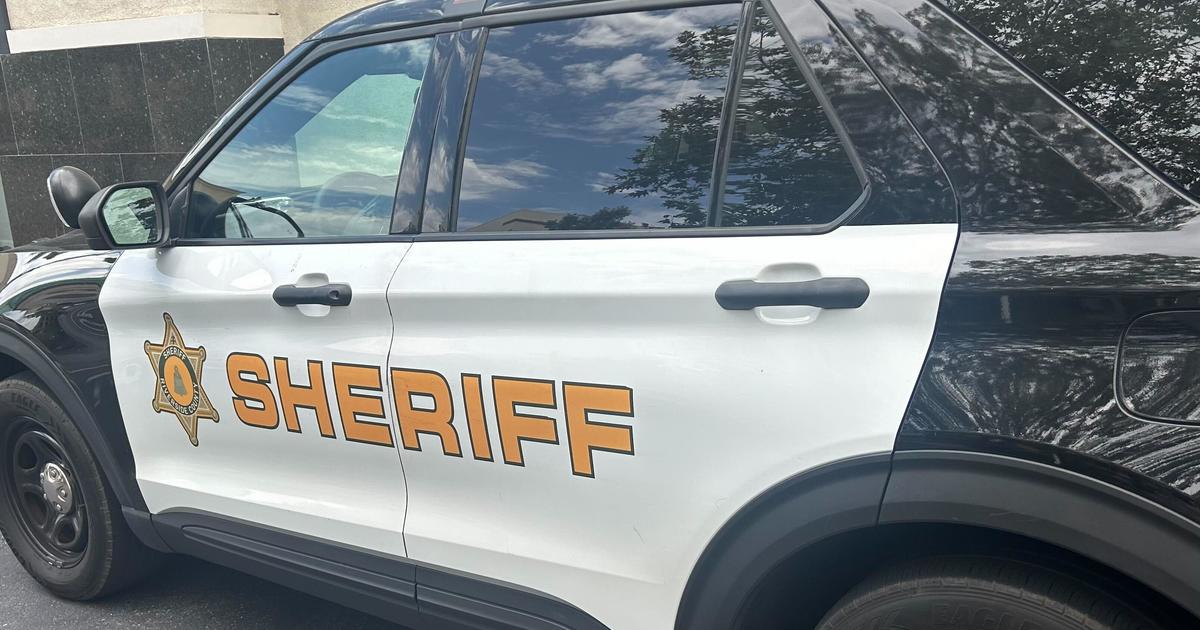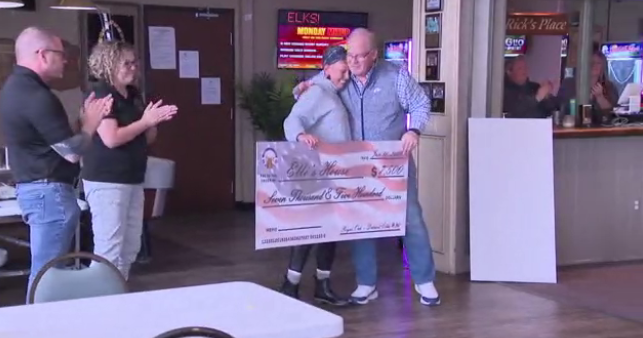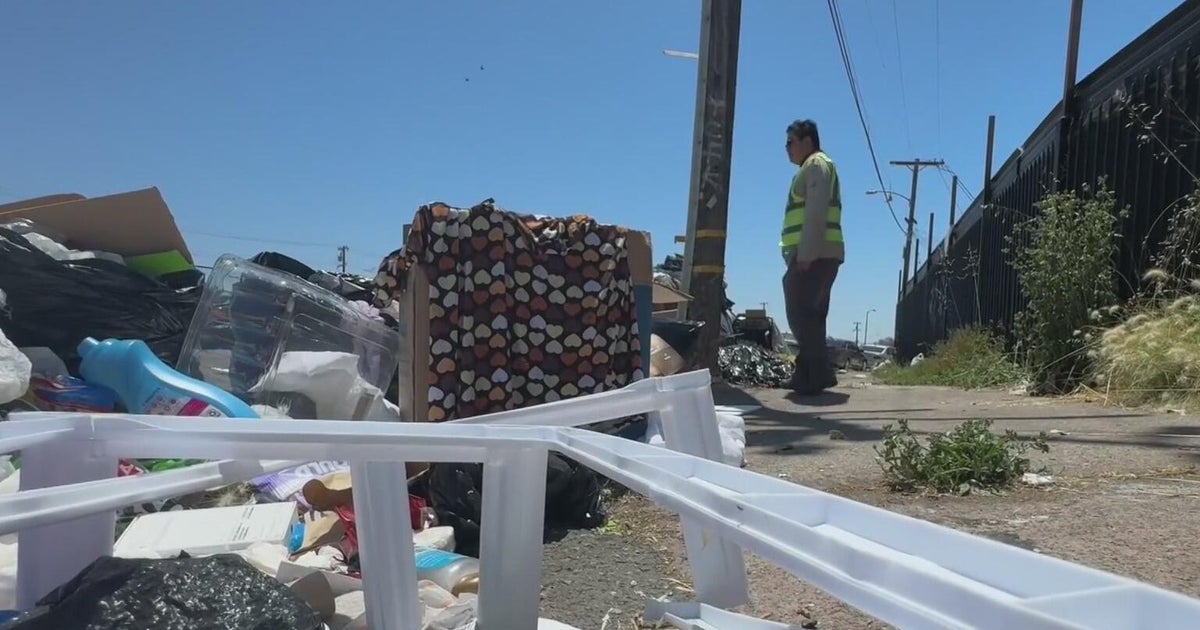Many early readers are behind on benchmarks entering new school year
DRACUT – Even though Breanna O'Toole of Dracut spends a lot of time reading with her young children, she worries about the impact of the COVID pandemic on their school readiness.
Her kindergartener spent much of the pandemic learning remote, and her toddler missed out on the preschool experience.
"I did feel like that was a concern for me. We had some struggles socially already. I was concerned that [remote learning] would put everyone behind," she said.
Studies have shown American students are on average about five months behind in reading and math because of the pandemic. The White House recently urged school districts to use American Rescue Plan funds to expand programming and services to help students make up for the learning loss.
According to literacy specialist at Mass General Hospital, Tiffany Hogan, the pandemic made problems in our education system even worse.
"The cracks in the education system just became gaps," she said, pointing out the issues are even greater in communities of color.
Hogan also said she worries about kids who are on the border of needing additional education services, but don't quite meet the benchmark to qualify. She calls them "fall through the cracks kids" and said the pandemic created more of them.
The result, she said, is a big challenge for teachers.
"Teachers are going to have to meet the needs of first graders who are performing like Pre-K and they need to meet the needs of Pre-K kids that are performing like second graders. There's always that range, but that range is now wider," Hogan said.
Students and teachers missed a lot of school days last year due to COVID and Hogan said catching up won't be easy.
"Educators need to be prepared for this to take some time; it's not going to be a quick turnaround," she said.
So what can parents do? According to Hogan, libraries can be a great resource for families.
O'Toole takes her preschoolers to story time at Dracut Public Library every week where library assistant Elizabeth Cormier says it's about more than just reading.
"We work on a lot of kindergarten readiness skills, fine motor skills like cutting as well as early literacy tips like rhyme scheme and counting," she said.
Kids also learn social-emotional skills and other basics like following directions.
O'Toole is grateful to the library of helping her daughter be kindergarten ready.
"She's got a good foundation, starting to sound words out in books very slowly. She's made friends and it seems like she's going to do really well," she said.







